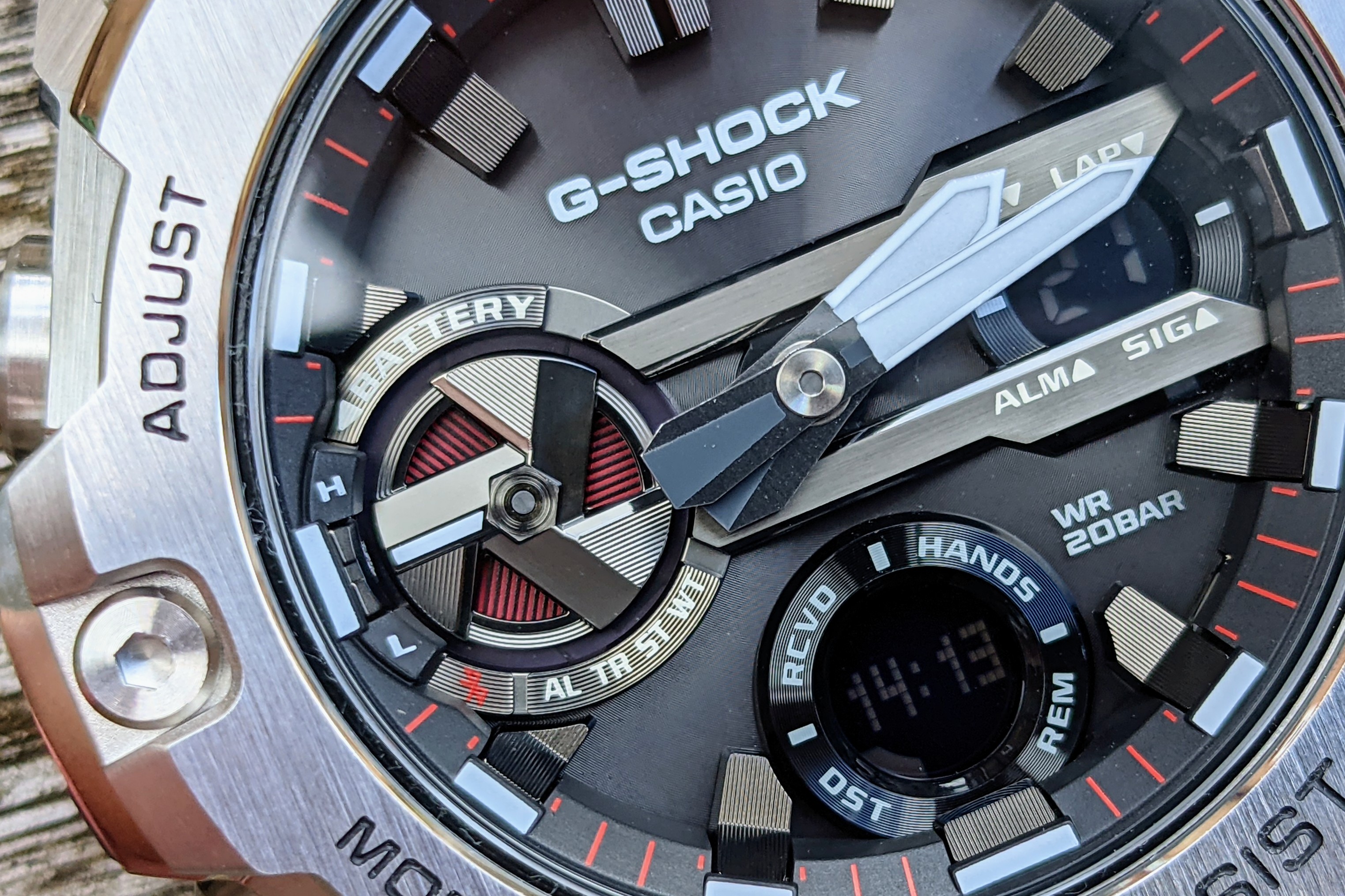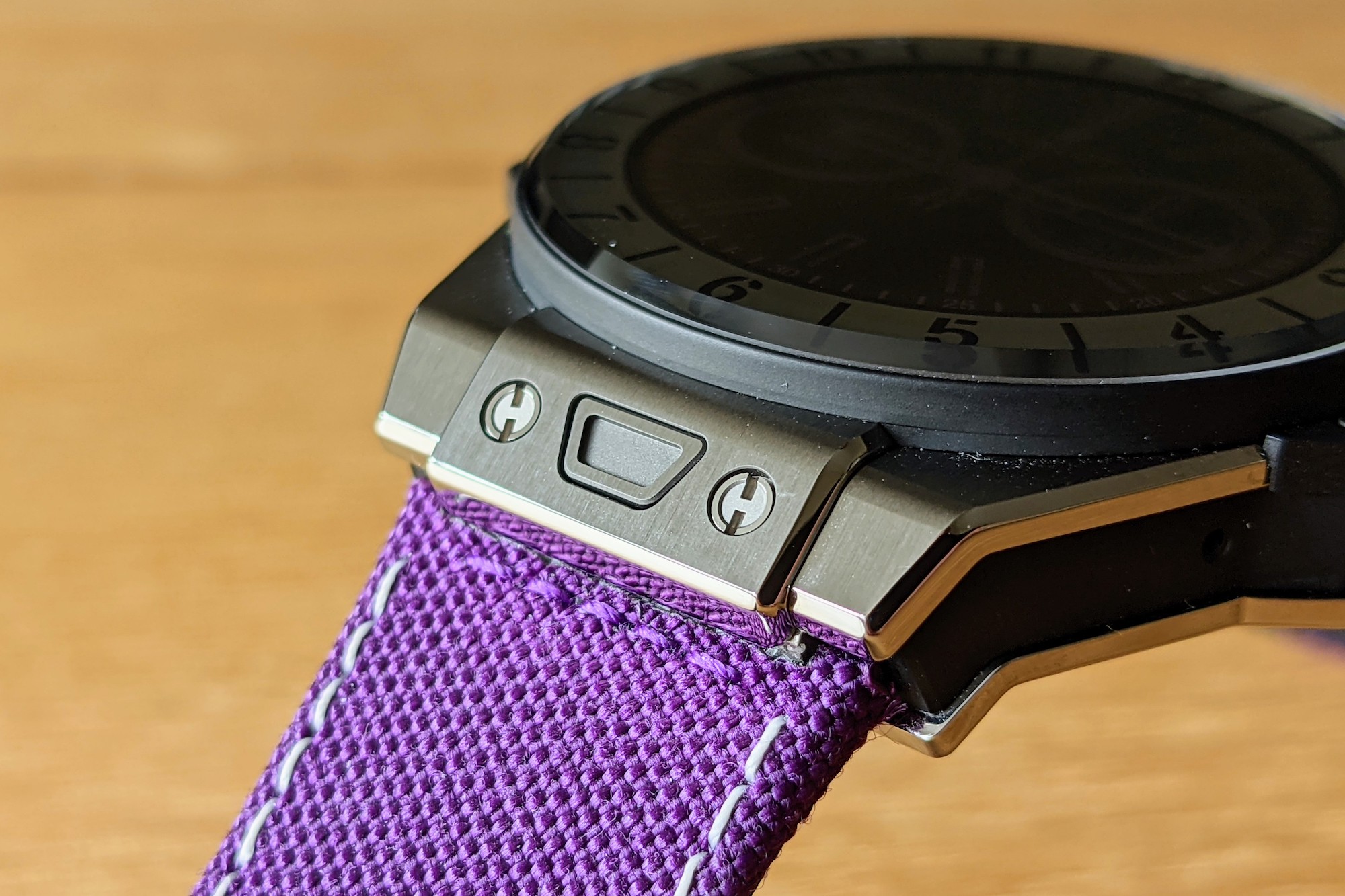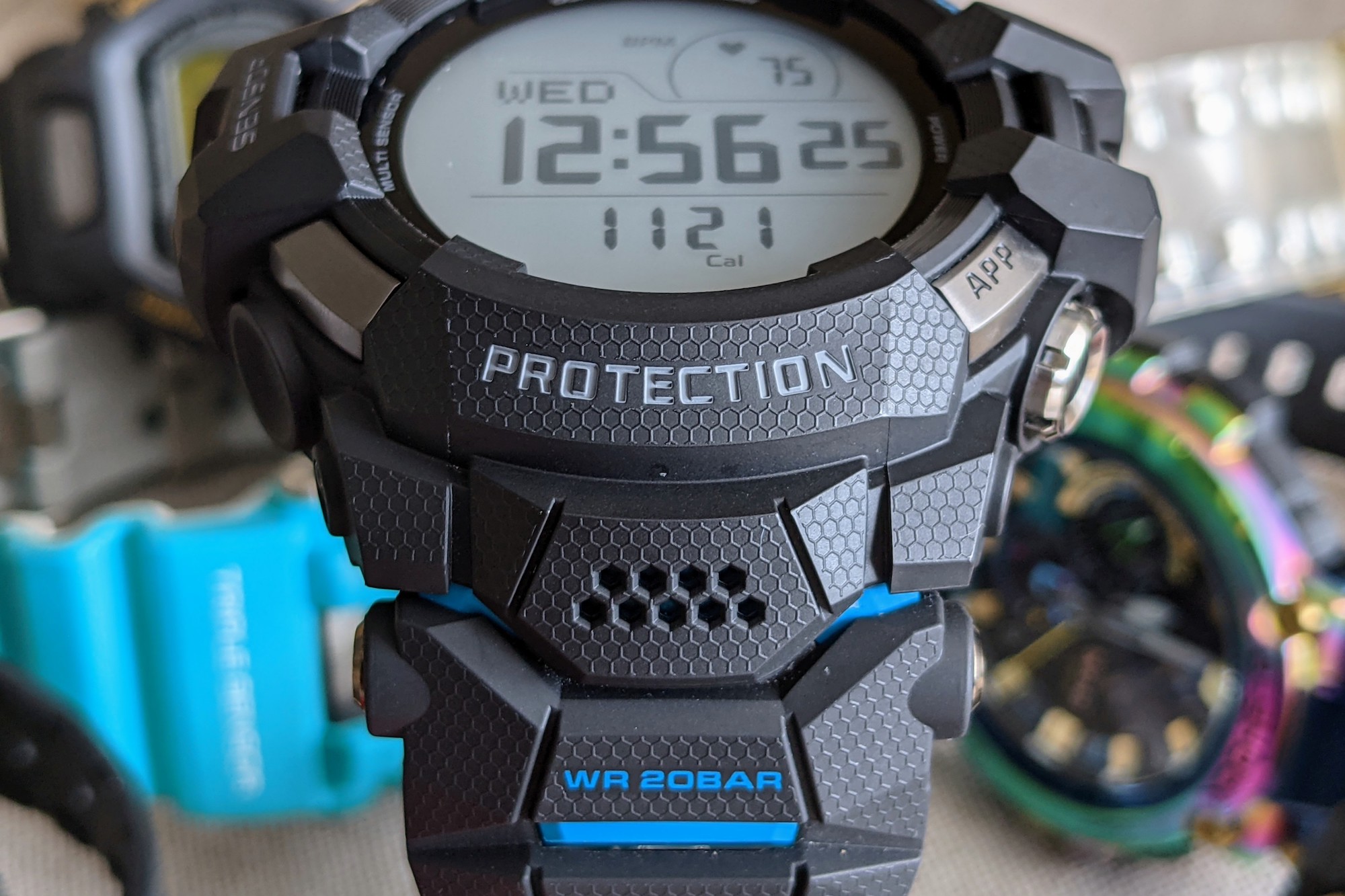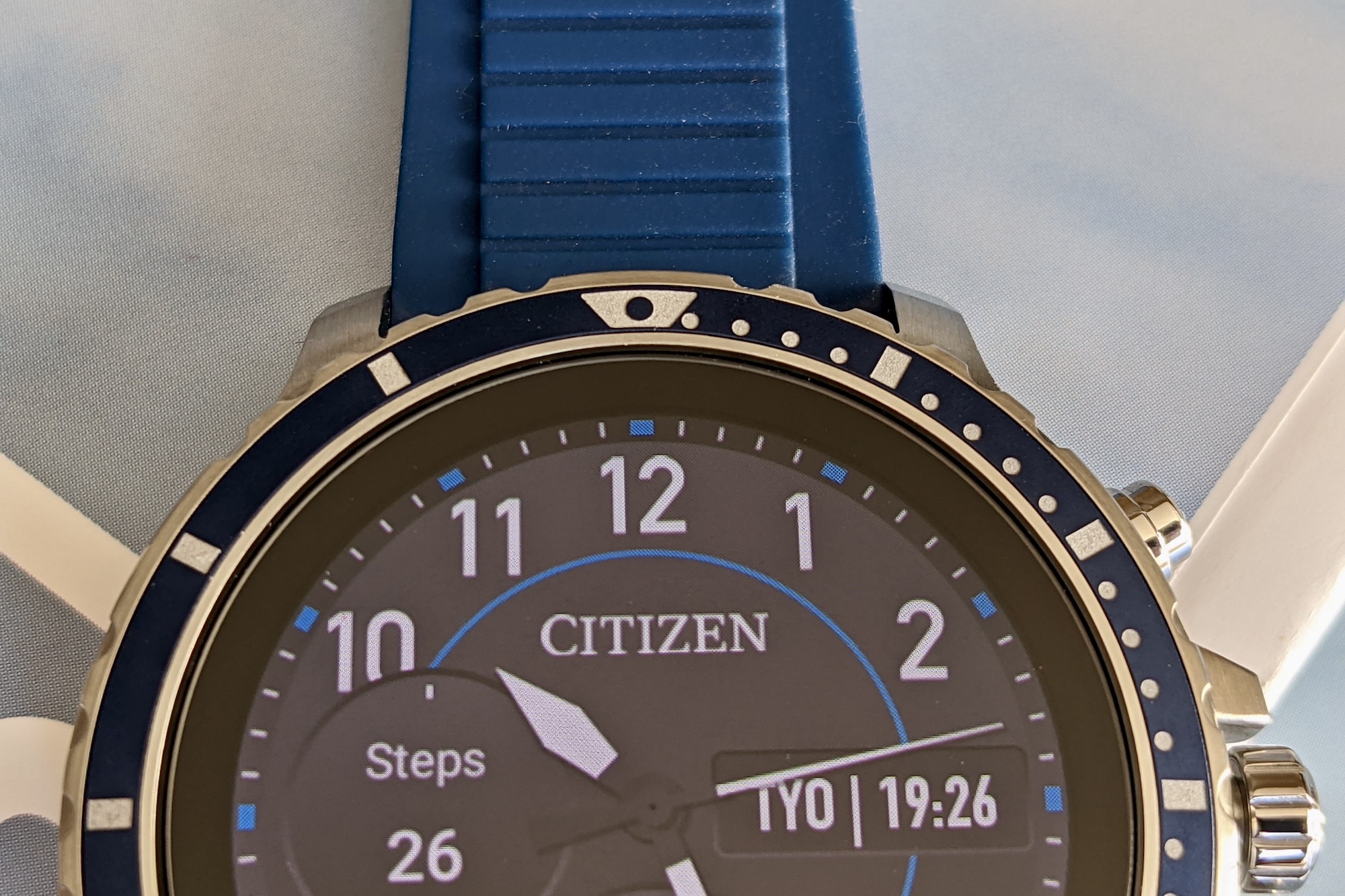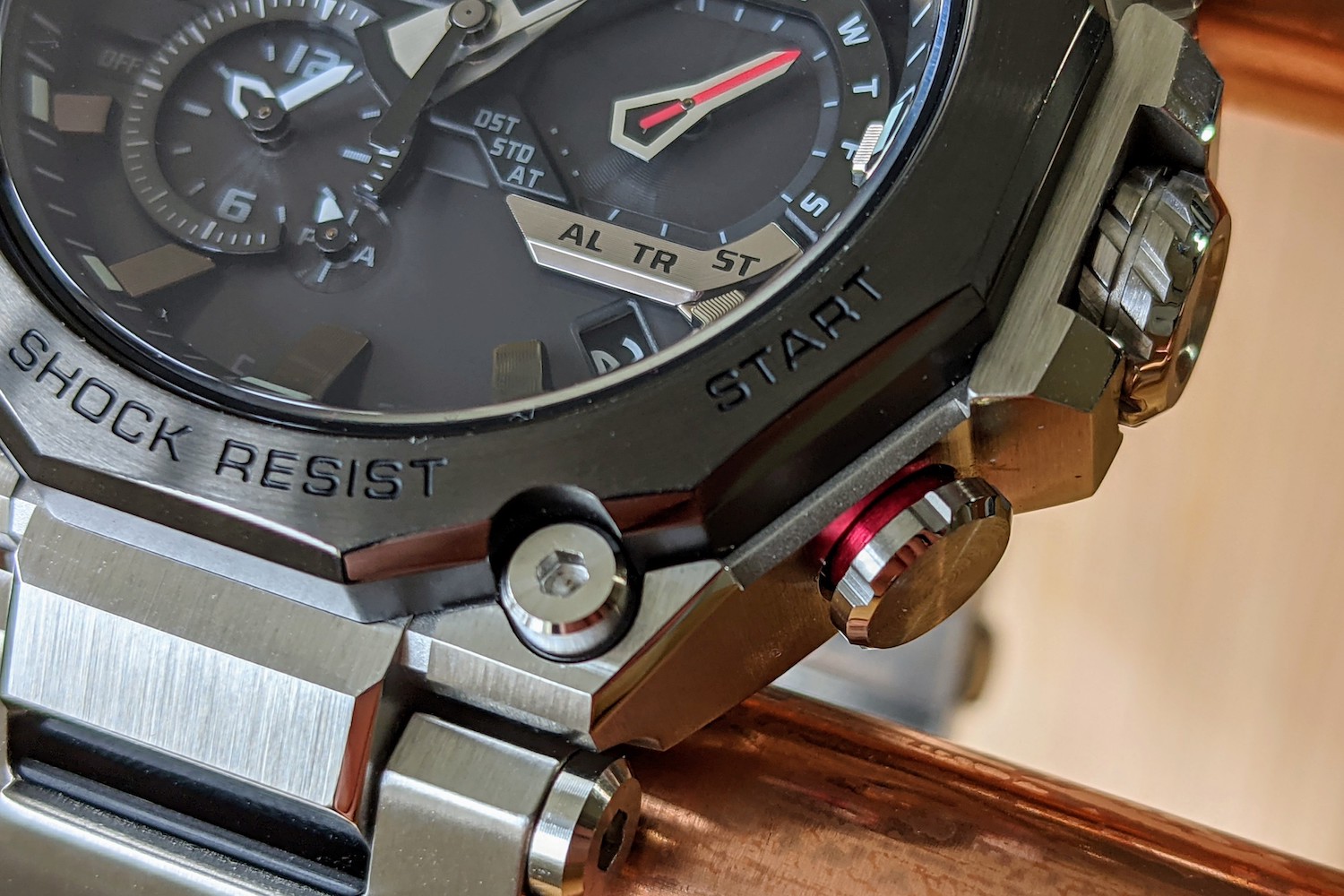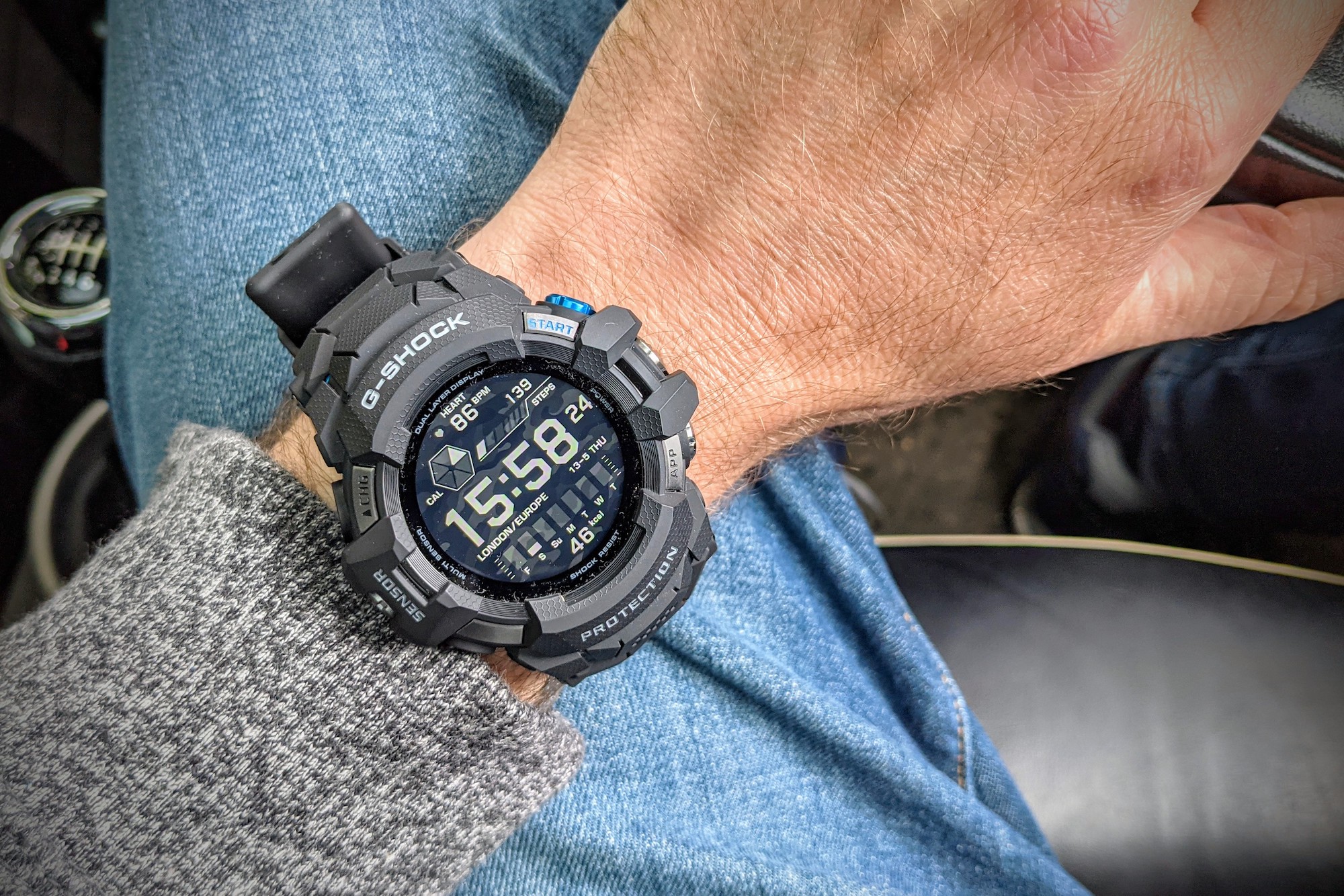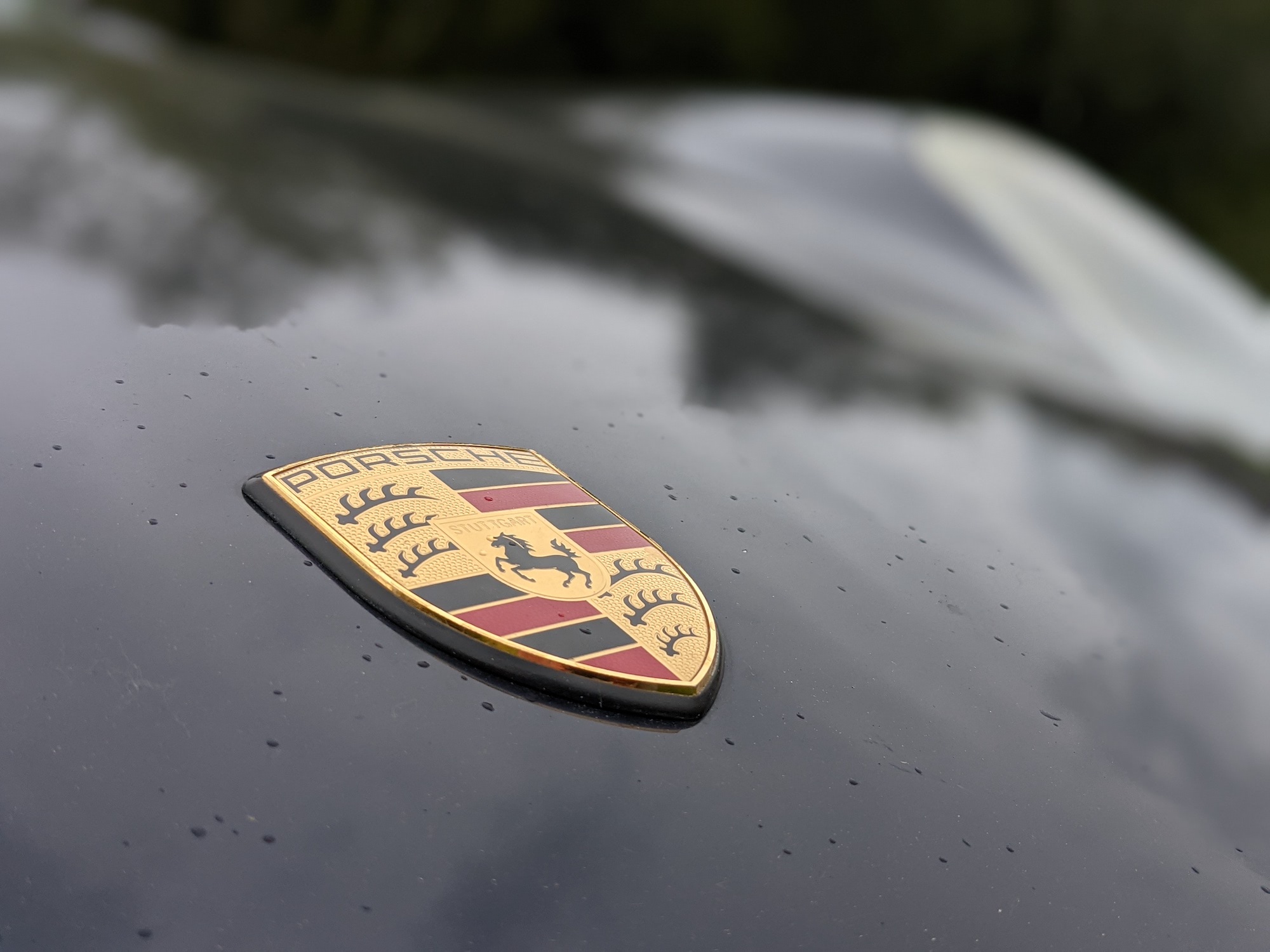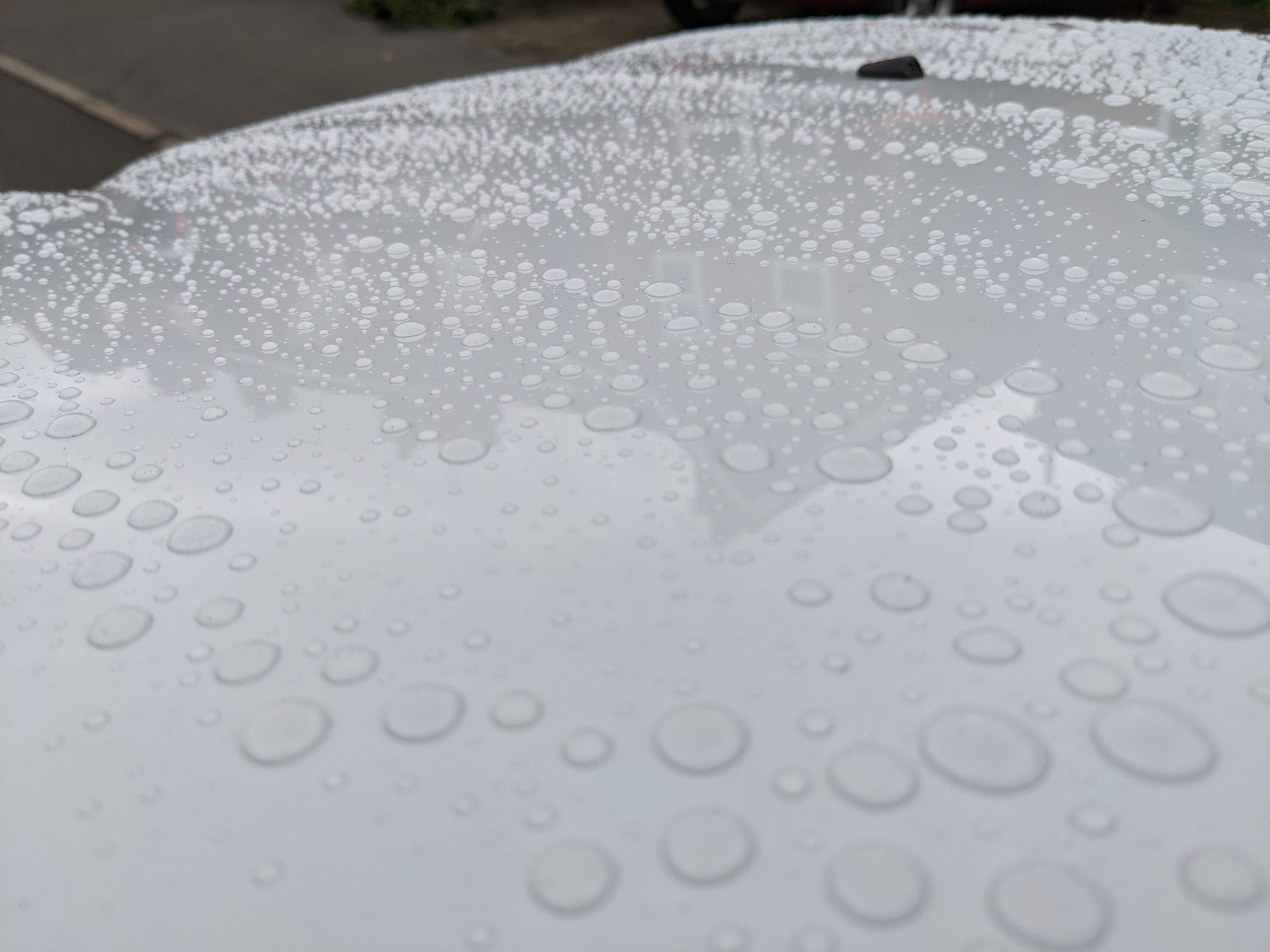The Google Pixel 5 is about as relaxed, easy, and compliant as smartphones get. It shrugs its shoulders at most tasks, doesn’t get flustered, and never frustrates. While Pixel 6 rumors spread, it seemed timely to revisit Google’s last major phone release to get an idea of whether it’s still worth buying today and to better understand the task the Pixel 6 has if it wants to improve over it.
In the palm of your hand
The shape and construction of the Pixel 5 are both its strengths and weaknesses. I came back to the Pixel 5 after reviewing the Asus Zenfone 8, which is also a compact phone, so I was used to using a relatively small phone on a daily basis already. If you’re not, then the Pixel 5’s small size will be a surprise.

That said, Google really got the size of the Pixel 5 right. The screen is big enough to play games and watch some video, it’s very lightweight so it’s always easy to hold and to carry around, but never intrusive when you have to stow it away. I’ve been happy to have it as a companion because it never caused any problems. I missed the Zenfone 8’s superior audio though.
While the phone’s size is an advantage, the Pixel 5 can also feel old and cheap. The rear fingerprint sensor ages the phone terribly, because only the most basic smartphones use one these days, and even mid-range models have shifted to placing the sensor in the power key on the side of the phone or under the screen. It’s not even that reliable.
On that subject, the Pixel 5’s power button must have been thrown in by the team that assembled the phone as a freebie, because if Google paid anything for it, they were ripped off. What a nasty, clicky action it has. The metal back of the Pixel 5 may be clever enough to let wireless charging waves through, but it doesn’t really feel very special. The plain texture doesn’t increase tactility, and the all-black version I’m using is incredibly boring to look at.
The Google Pixel 5 has no style and no panache, but the petite frame and spot-on ergonomics almost make up for it. Leaked photos of what could be the Pixel 6 show a more interesting shape and design and that’s a very good thing, but Google would be wise to not stray far from the size of the Pixel 5, as it’s almost perfect.
My go-to close-up camera
You don’t need to be told yet again that the Pixel 5’s camera is amazing. The good news is, it’s still as capable today as it was when it was released last year. I love how versatile it is, and it has become my go-to camera for when I want to take close-up shots of smaller objects my DSLR isn’t very good at.
Specifically, most close-up shots of watches that have been published in my articles for Digital Trends recently have been taken with the Google Pixel 5. The G-Shock GSW-H1000, the G-Shock GST-B400, the Hublot Big Bang E, the Citizen CZ Smart, and the G-Shock MTG-B2000 stories all have shots taken with Google’s phone, even though it doesn’t technically have a “macro” or close-up mode.
It works best using the 2x zoom mode, where you can get in quite close before losing focus, at which time the phone tells you to move back a little to help avoid accidental blurry photos. The tap-to-focus automatically locks on to your subject, so even with the movement of your hand, it doesn’t lose track, again resulting in better photos.
I also think the portrait mode is one of the very best on any smartphone, with an uncanny ability to create natural-looking background blur, even when the subject isn’t a simple shape or a person. The photo of the Porsche emblem is evidence of this. Google could just put the Pixel 5’s camera on the Pixel 6 with a few tweaks to its computational photography software, and it’d still be ahead of the competition in many areas. The Pixel 5’s photographic experience is superb.
Not a flagship?
Coming to the Pixel 5 and its Qualcomm Snapdragon 765G processor after the Snapdragon 888-equipped Asus Zenfone 8, I was expecting to notice some kind of performance difference but the truth is, I didn’t. The Pixel 5’s Android 11 software helps no end in making the phone fluid and responsive, but even playing Asphalt 9: Legends fails to show up any appreciable difference in performance.

In other words, the Pixel 5 is still plenty powerful enough, especially when running 8GB of RAM, to be used without issue today. Whether it’s a “flagship” or not comes down to your definition of the term. If it’s “does everything you could want, all the time, without a fuss,” then the Pixel 5 is absolutely a flagship phone. If you include top-notch design and beautiful materials in the equation, then probably not.
As for the Pixel 6, Google doesn’t need to stray far from the Pixel 5 and all its plus-points discussed here to make a desirable device, but it does need to give the design some character, and not just tell the team to make an orange one and think that’s job done. I’ve enjoyed using the Pixel 5 again, but it’s terribly dreary, which frustrates me more when it’s so brilliant in most other areas. Google has to make me love, not just enjoy, the Pixel 6.
What about the Pixel 5?
Should you consider buying the Pixel 5 today, even with all this talk of the Pixel 6? The answer is yes, you could do a lot worse than grabbing a Pixel 5, and due to the years of software updates promised by Google, it still has masses of life left in it. The middle-of-the-road price helps no end, as at around $700 or less, it’s cheaper than a Samsung Galaxy S21, an iPhone 12, and the OnePlus 9. Keeping a similar price for the Pixel 6 will be important to its success too
What struck me most about the Pixel 5 after my recent week with the phone was its refreshing simplicity. I used the word “relaxed” earlier, and it’s exactly that. You pick it up, use it, and you get exactly what you want from the phone every time. It’s a stress-free life with the Pixel 5, and who doesn’t want that from the piece of tech they probably use most each day?
